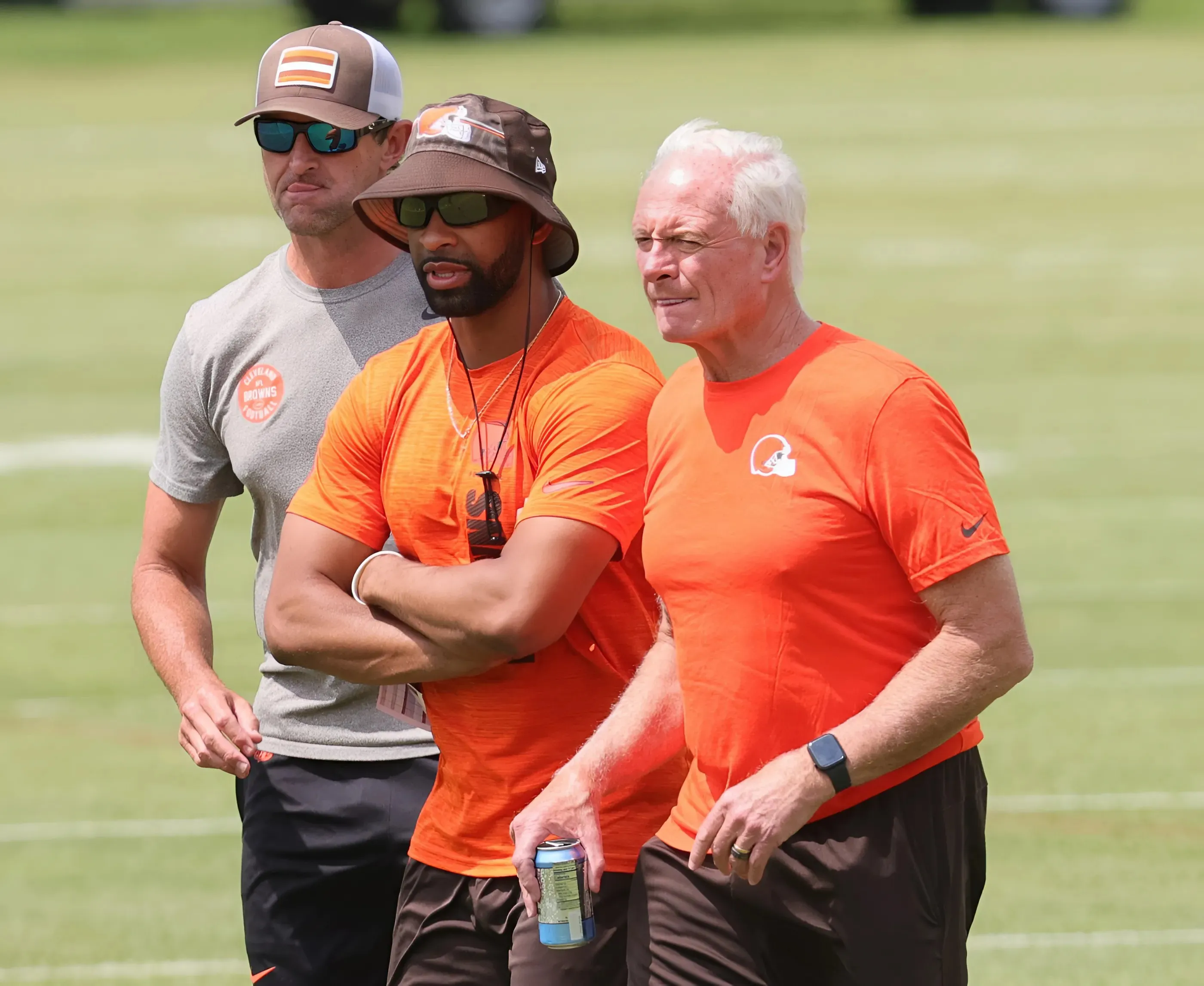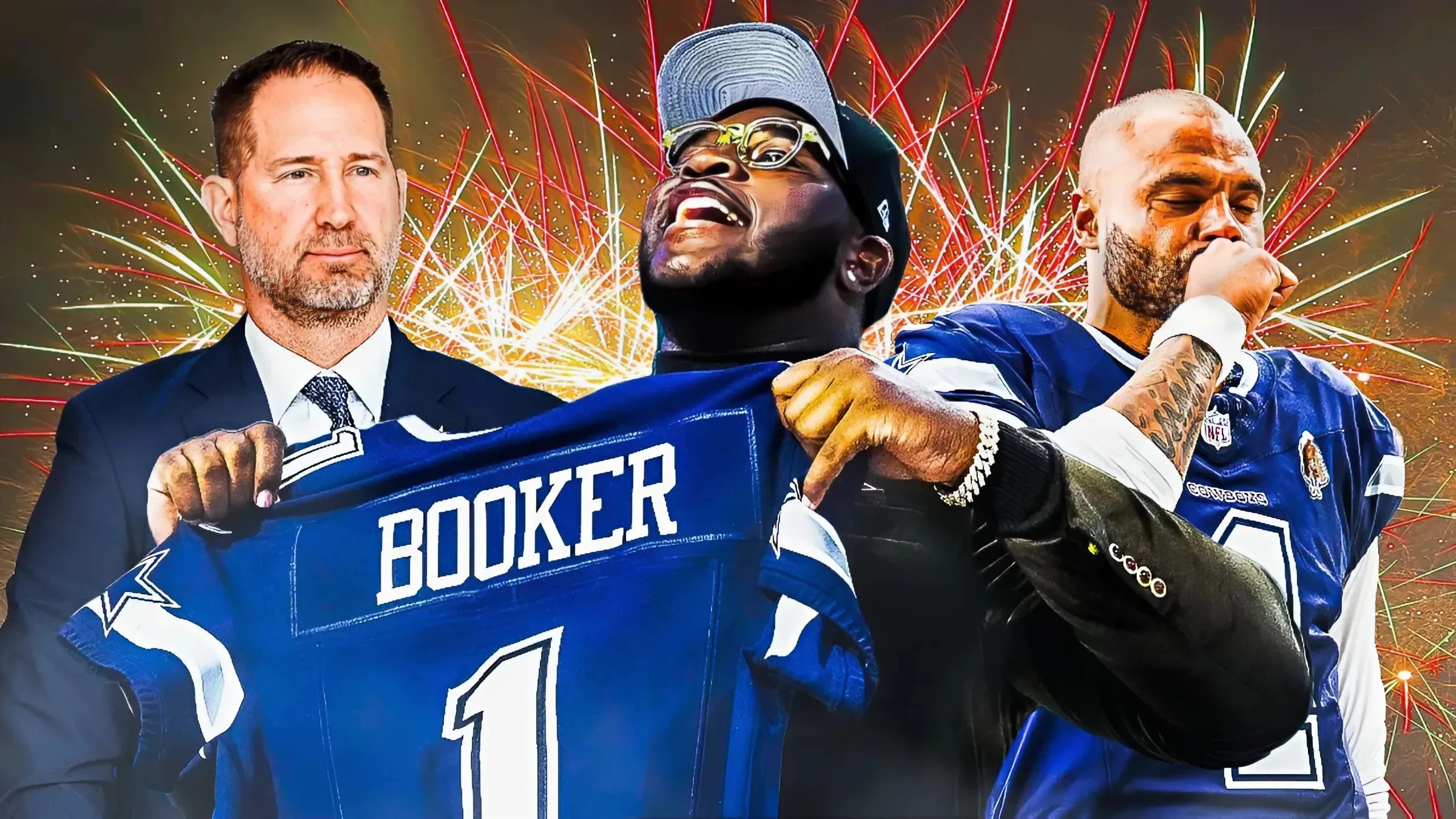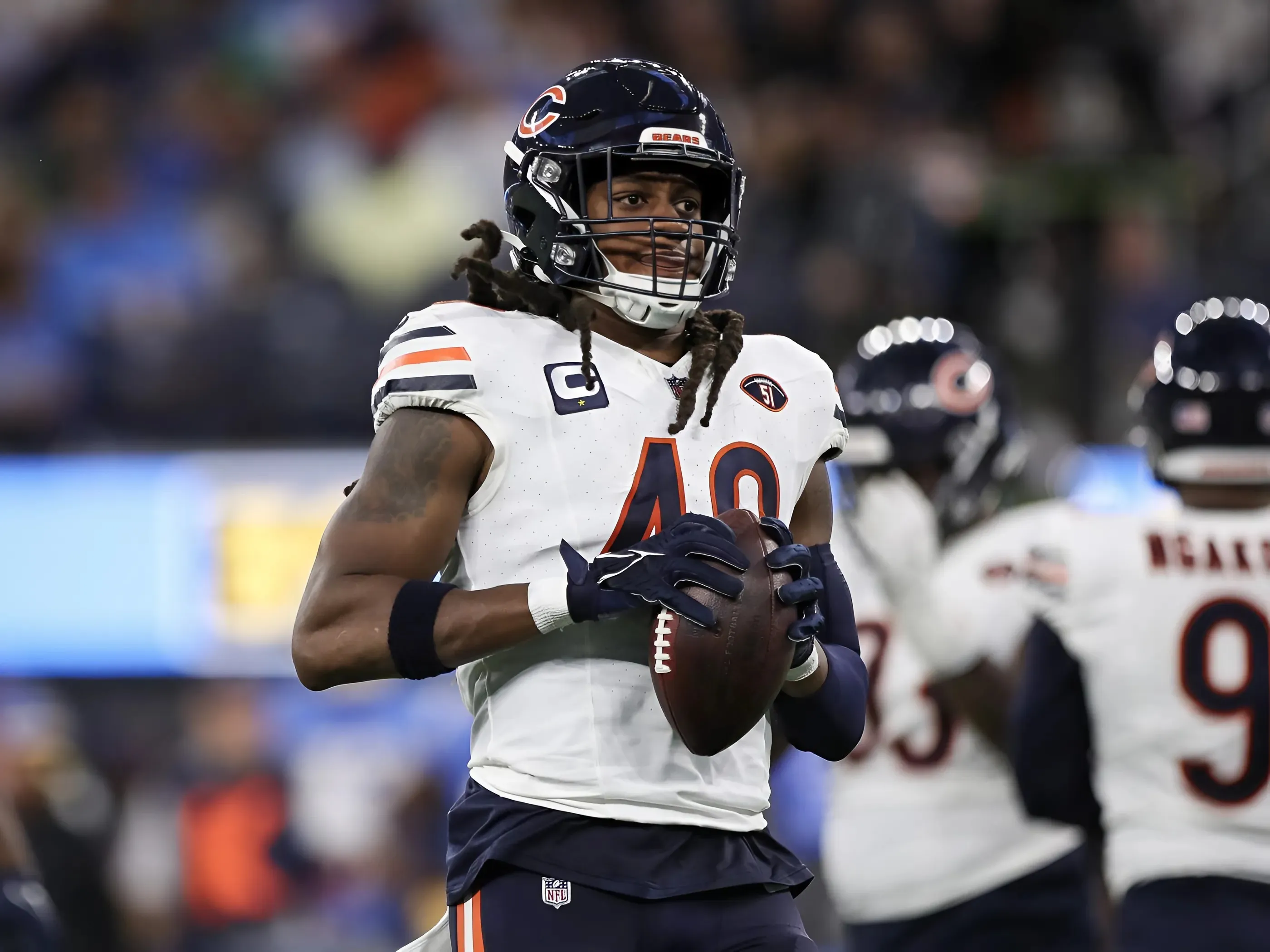The New England Patriots shipped out a quarterback on Thursday, trading Joe Milton to the Dallas Cowboys as they continue to remake their roster under Mike Vrabel. New England received Dallas' 2025 fifth-round pick as part of the deal (No. 149) while also surrendering a seventh-round pick (No. 217 overall) in the upcoming NFL Draft.

Milton essentially redshirted his rookie season in 2024 until the final week, playing the vast majority of snaps in the Patriots' Week 18 win over the Buffalo Bills. As that marked his first official NFL action, Milton's play earned him some praise, with some wondering if his ceiling was higher than expected when the Patriots elected him in the sixth round of the 2024 NFL Draft.
That question wasn't likely to be answered in New England with Drake Maye in place as the team's starting quarterback for the foreseeable future and with the signing of Joshua Dobbs in March, Milton became expendable. Now, Milton will wait for his chance behind Dak Prescott in Dallas.
But let's look at this trade from a Patriots lens.
Grading the Joe Milton trade for the Patriots

When the news broke Thursday that Milton had been moved for a fifth-round pick, the value seemed right. Milton was a sixth-round pick a year ago whose only NFL experience was playing in a glorified preseason game against the Bills' second- and third-stringers, with Buffalo looking like it was outtanking New England that day.
So, from a value standpoint, the deal makes sense. But when you're trading a second-year quarterback who has shown some decent upside, you should be looking to get more than fair value in a potential trade. The Patriots were under no edict to move Milton, even if they had signed Dobbs earlier in the offseason, and Maye was set to be the Patriots' starting quarterback for the long haul. He's under contract for the next three seasons, giving New England a cheap backup option.
Admittedly, I don't view Milton in the highest regard. The Patriots' selection of Milton and forcing him onto the roster despite an underwhelming training camp and preseason didn't make much sense at the time.
However, Milton showed he could at least hang in the NFL in his Week 18 performance against the Bills. His dual-threat ability was on full display, as he threw for 241 yards and a touchdown and rushed for another score, making several plays with his arm and legs in that game. He showed far more talent at that position than many other backup quarterbacks the Patriots have had in recent years.
Which is why the Patriots shouldn't have traded Milton at all unless an offer wowed them. It feels more likely that Milton would've made a more notable contribution to New England in 2025 had he stayed than whatever player the Patriots selected with the fifth-round pick. Yes, Maye is the Patriots' starting quarterback, but it's hard not to envision a scenario where New England will need to call on its backup at some point this season, considering that Maye was sidelined due to injury in two games last season.
Furthermore, the Patriots also left some draft capital on the table in order to trade Milton to his preferred team, according to Fox Sports' Jordan Schultz. Why is a second-year player dictating trades for you?
This really isn't good roster management by the Patriots, even if the move improved their draft stock.
Grade: D




